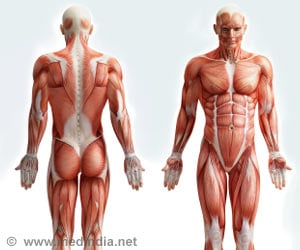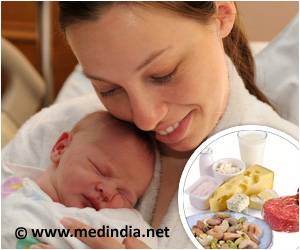Throwing new light on grip strength, Researchers from the Medical Research Council Lifecourse Epidemiology Unit (MRC LEU), University of Southampton have studied how strength changes across lifespan.

Lead author, Dr Richard Dodds, Wellcome Trust Research Training Fellow at the MRC LEU at the University of Southampton, comments: "We found that men were typically stronger than women from adolescence onwards, but both men and women reached a peak level of strength during their thirties before becoming weaker with age. We are now clear about the range of normal strength in young adults and have used this information to propose levels below which an older person would be considered to have weak grip strength."
GPs or hospital doctors could use the information in this study to help interpret measurements of grip strength and to identify those at risk of frailty and loss of independence.
Avan Aihie Sayer, Professor of Geriatric Medicine, at the MRC LEU at the University of Southampton, who oversaw this work, adds: "Sarcopenia, the loss of skeletal muscle mass and function with age, is an area of intense research activity and is being increasingly recognised in clinical practice. Grip strength has been recommended for the assessment of muscle strength in the clinical setting and this study will aid the recognition of important conditions such as sarcopenia and frailty."
Cyrus Cooper, Professor of Rheumatology and Director of the MRC LEU at the University of Southampton where the research was carried out, adds: "This study forms part of a larger programme of research at the MRC Lifecourse Epidemiology Unit at the University of Southampton. Three of the twelve studies are based here at the Unit where one of our aims is to understand the causes across the lifecourse of common musculoskeletal conditions, including sarcopenia."
Advertisement









